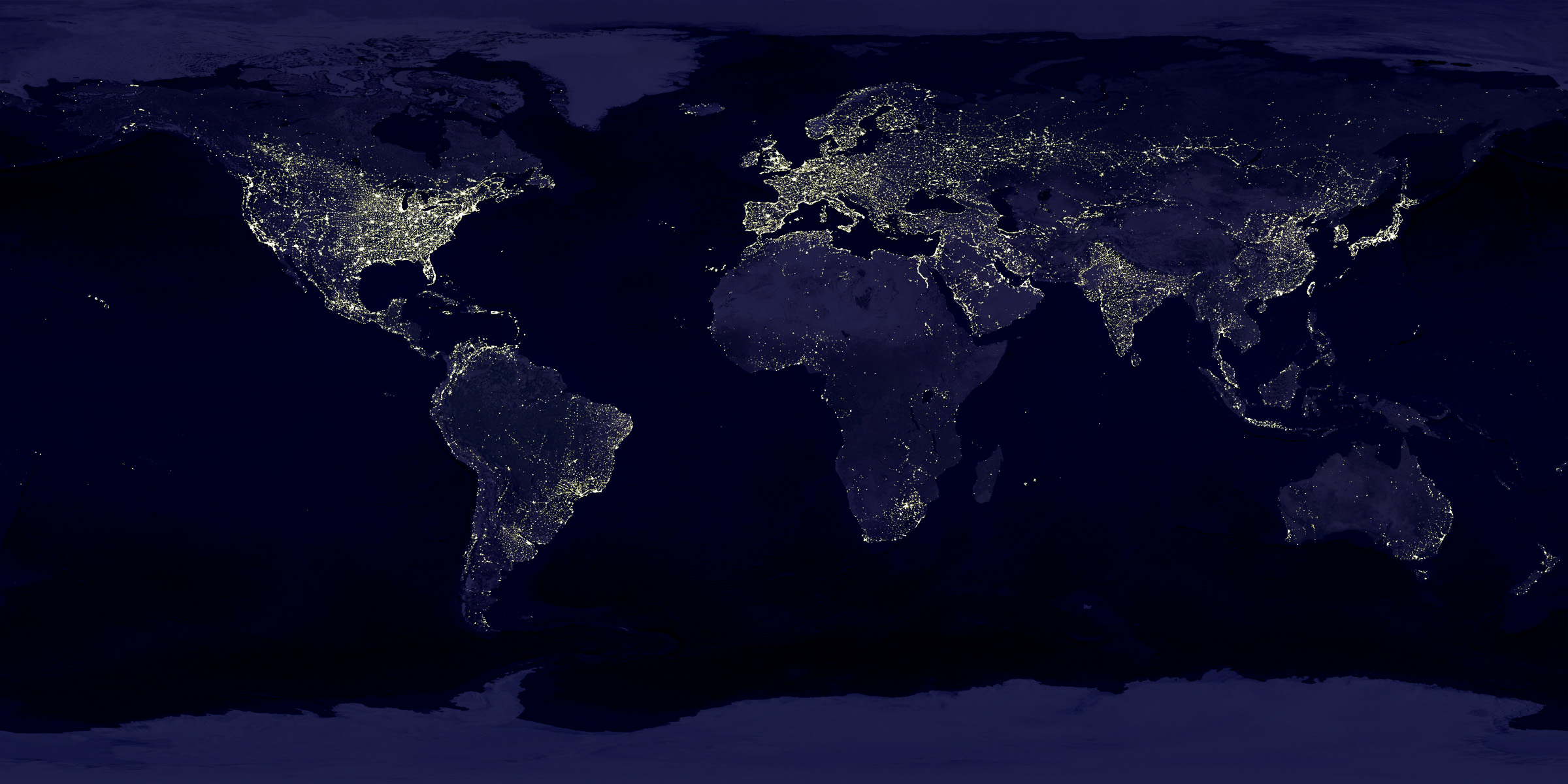Global Stocks Plummet Over Coronavirus Concerns

Spreading coronavirus outbreaks in Italy and in South Korea over the weekend incited broad slides in global stock markets on Monday, as investors appeared to fear that the economic disruption already seen in China might affect other economies as well.
Futures markets suggested that Wall Street would suffer a decline of more than 2 percent when trading began in the United States, with airline and technology stocks hit in premarket trading. Delta Air Lines and American were both more than 3 percent lower, while shares of Apple were down by 3.5 percent. Oil prices also slid.
The South Korean market ended 3.9 percent lower, after a surge in cases of the coronavirus disease prompted President Moon Jae-in on Sunday to put the country on its highest level of alert.
In Europe, most stock benchmarks were down 3 percent or more.
The FTSE 100 in Britain slid 3 percent, while France’s CAC 40 was down 3.5 percent. The DAX in Germany also fell 3.5 percent.
The FTSE MIB index, which measures stocks on the Borsa Italiana in Milan, fell 4.6 percent. The Italian government locked down at least 10 towns over the weekend near Milan, the country’s financial capital and a key industrial center, after scores of new cases emerged there.
Haven investments like gold and Treasuries have rallied, while shares in luxury companies like LVMH and Kering have tumbled. Shares in EssilorLuxottica, a French-Italian high-end eyeglass maker, were down almost 5 percent. Shares in travel and leisure groups were also lower.
Stock markets in Asia dropped beyond South Korea, although somewhat less. The Australian market fell over 2 percent. Shares in Hong Kong were 1.8 percent lower on Monday afternoon.
Stock markets in mainland China seemed mostly immune on Monday to the sell-off elsewhere. The Shanghai stock market was down only slightly. In southeastern China, the tech-heavy Shenzhen stock market actually rose.
The Chinese authorities have appeared to prop up the country’s domestic stock markets in recent days after a steep slide when they first reopened following the Lunar New Year holiday, which the Chinese government extended in an effort to stop the outbreak.
“The worse the virus outbreak, the better the chance the central bank will release” more money into the financial system, which would tend to support share prices, said Hao Hong, the research director for the international operations of China’s Bank of Communications.
The Chinese government has told fund managers that if they sell shares, they must buy a slightly greater number of shares, Mr. Hong said.
The stock market in Japan was closed on Monday, a public holiday there in honor of the emperor’s birthday.
Oil prices are once again under pressure, as worries grow over the virus’s effect on economic activity and energy demand.
Prices for Brent crude, the international benchmark, fell more than 3.5 percent to about $56.40 a barrel on Monday. West Texas Intermediate, the main U.S. benchmark, fell about the same amount, to about $51.50 a barrel. The lower prices will add to pressure on OPEC and Russia to take measures to reduce oil supplies at their next meeting, which is scheduled for early March in Vienna.
So far, the oil big producers have not been able to reach an agreement on emergency measures to curb output.
The coronavirus epidemic in China has already severely curtailed economic growth in China. That has fanned concerns that other economies may also be harmed as the virus spreads further.
Factories in China have been slow to reopen and resume full production even a month after Beijing publicly acknowledged the severity of the epidemic by locking down Wuhan, a city of 11 million people. That is partly because mass quarantines have prevented many employees from returning to their jobs.
Demand in China has also collapsed at least temporarily for a wide range of goods, limiting the incentive for business owners to restart production. Auto sales plummeted 92 percent in China during the first two weeks of February compared to the same time last year.
Stanley Reed and Amie Tsang contributed reporting.























